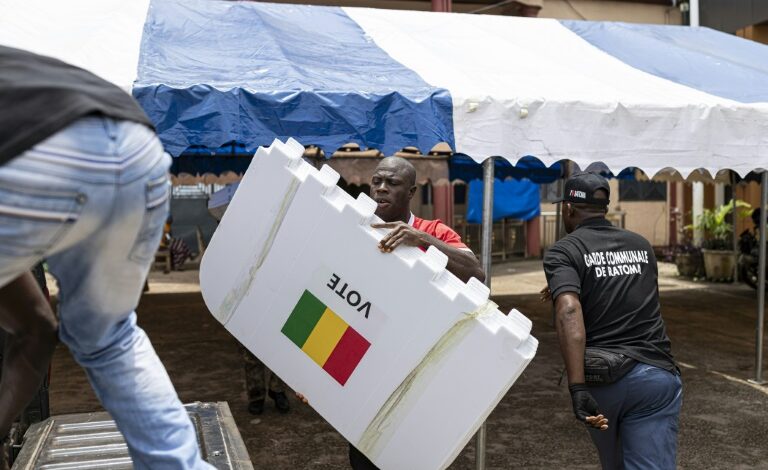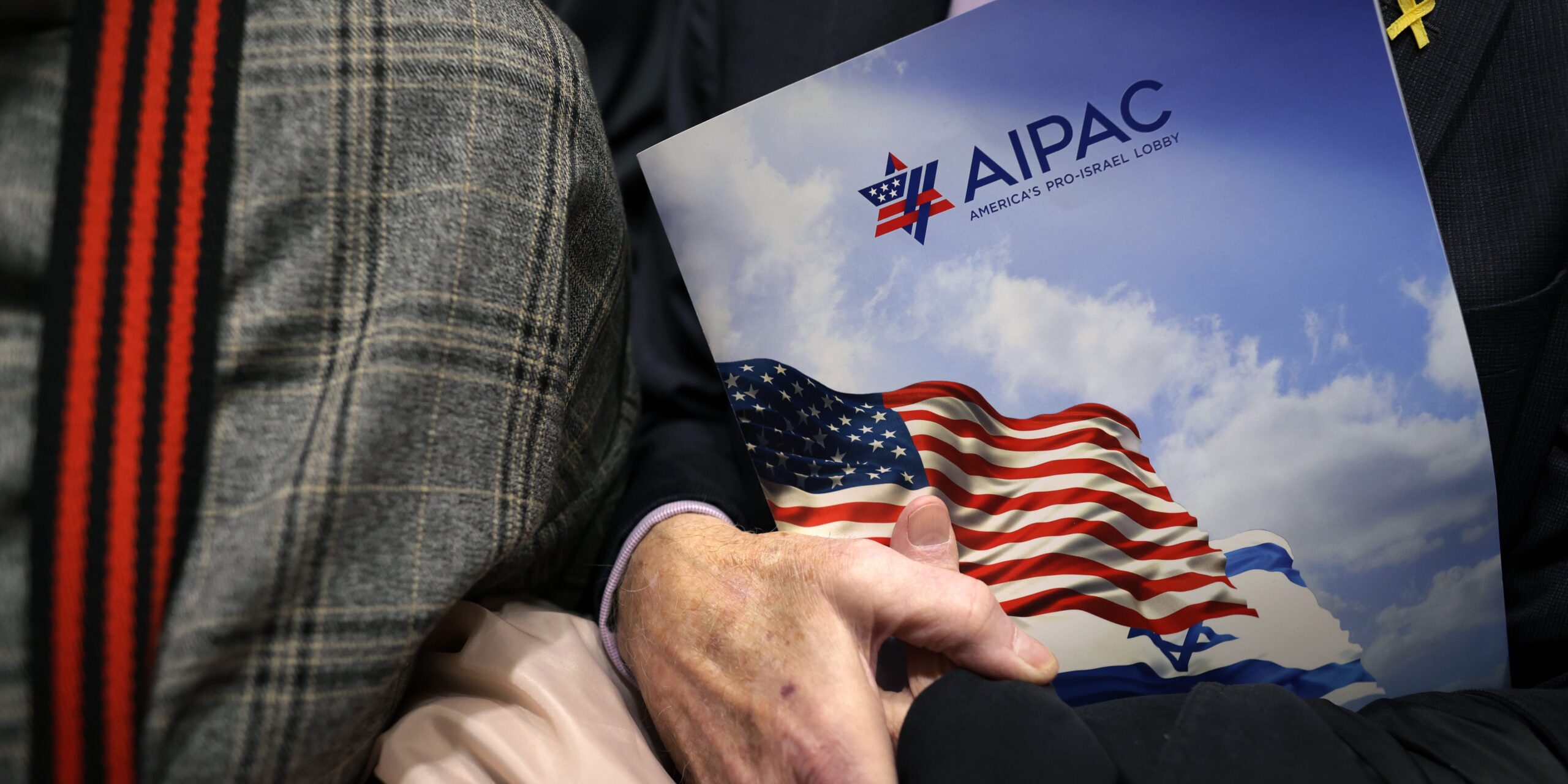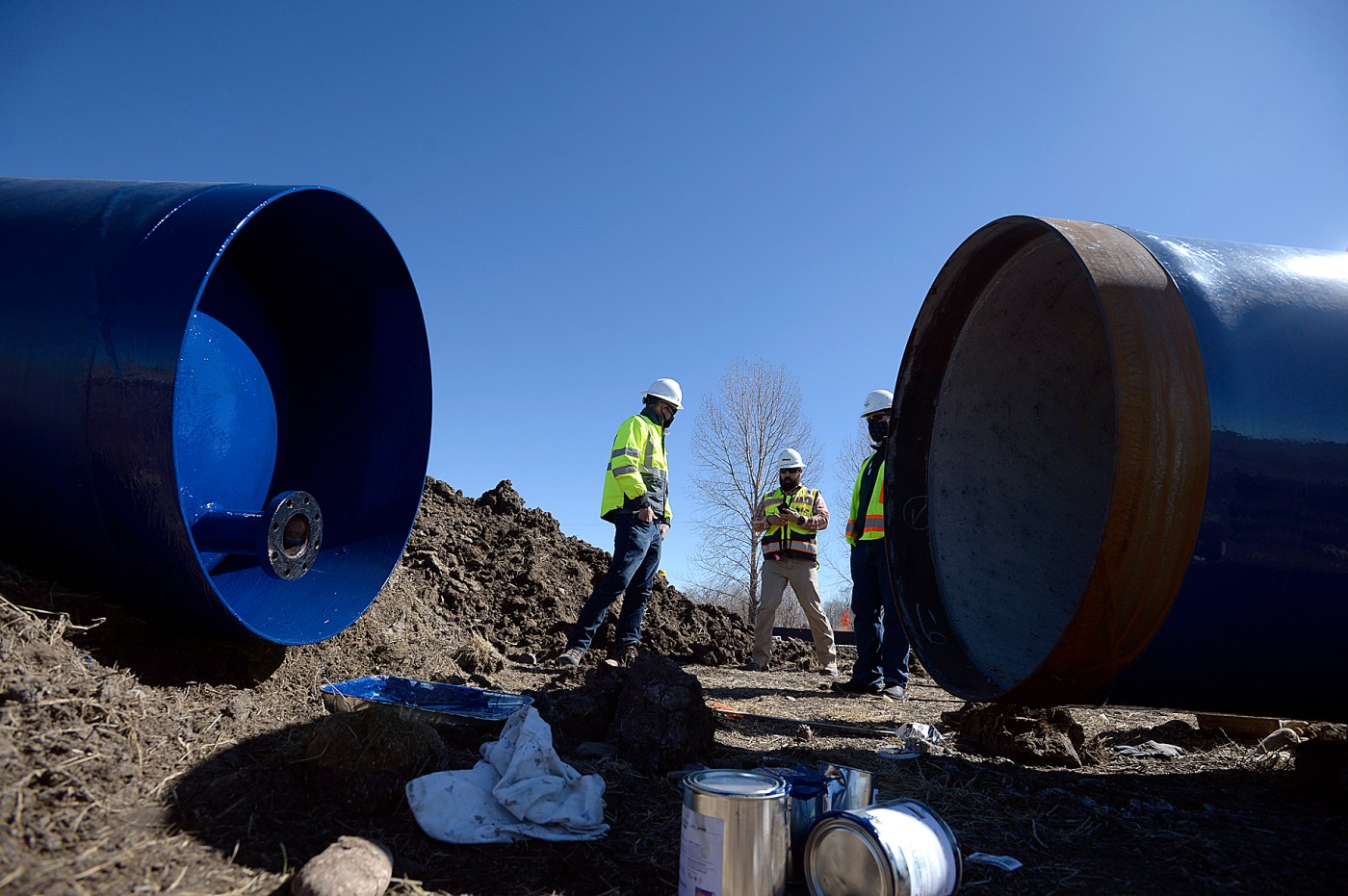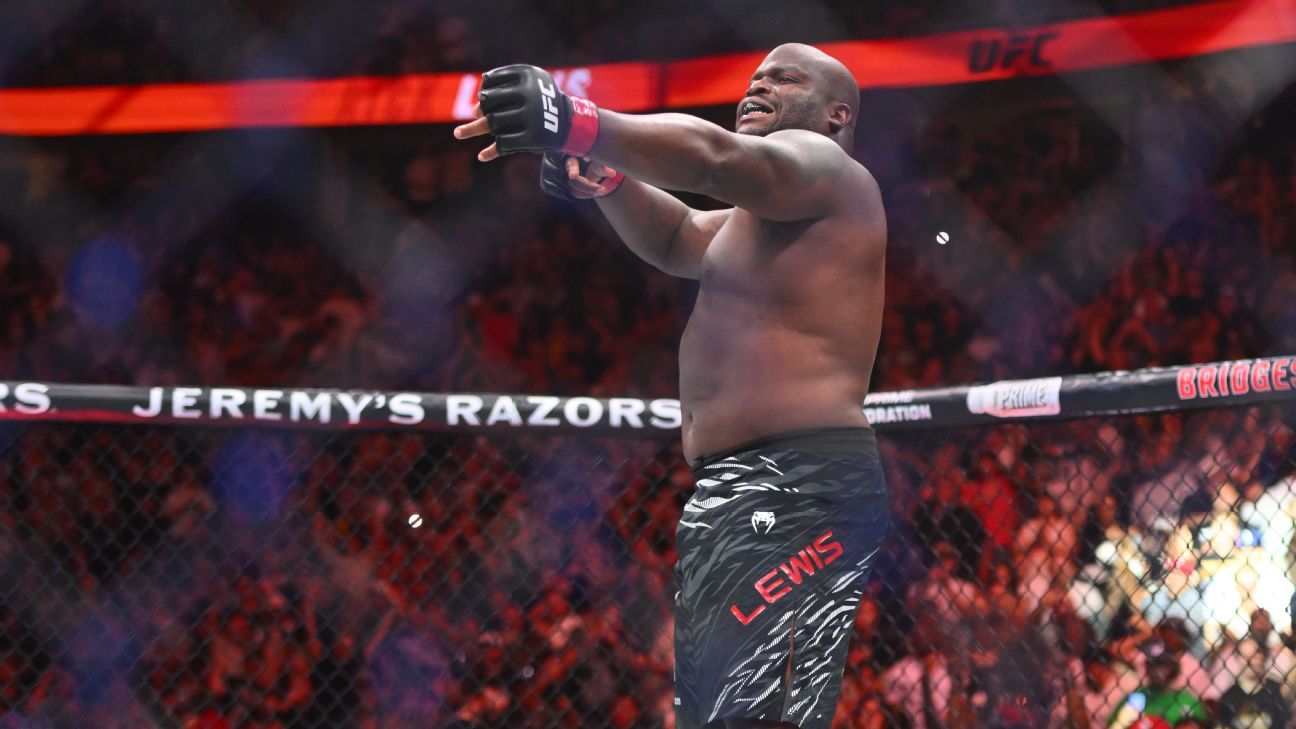Guinea Votes on Controversial Constitution Amid Opposition Boycott

UPDATE: Guineans are heading to the polls today to vote on a new draft constitution in a referendum marked by an opposition boycott. This pivotal vote, taking place on September 24, 2023, could reshape the political landscape after four years of military rule under General Mamady Doumbouya, who ousted elected president Alpha Conde in 2021.
With 6.7 million eligible voters, polling stations across Guinea opened at 8:00 AM GMT and will remain open until 6:00 PM GMT. Security is tight, with 45,000 members of the defense and security forces deployed nationwide, alongside 1,000 vehicles and combat helicopters to ensure a secure voting process.
The referendum is seen as a crucial step toward resuming stalled elections, yet it has drawn sharp criticism. The military junta has faced accusations of stifling dissent, including the suspension of major opposition parties on August 23 and crackdowns on media outlets. These actions have created a climate of fear, leading the opposition to label the referendum a “charade” designed to entrench military power.
Authorities assert that if the constitution is adopted, it will replace the “transition charter” that currently bars junta leaders from running for office. Critics argue that the new draft allows Doumbouya, who is expected to run, to solidify his grip on power. The proposed changes include progressive elements, such as establishing a High Court of Justice and promoting gender balance, yet also impose age restrictions that exclude key opposition figures, including former president Conde, who is living in exile.
Prime Minister Amadou Oury Bah emphasized that the new constitution reflects the aspirations of Guineans for change and unity, stating it “takes into account all the demands” of the people. However, the absence of a robust “no” campaign further complicates the legitimacy of the referendum. Most dissent has been expressed online and led by critics abroad.
The international community, including the United Nations, has called for a peaceful and transparent referendum. Concerns remain high about the inclusivity of the vote, given recent media bans and political party suspensions.
As results are not expected until Tuesday evening at the earliest, all eyes are on Guinea today as it faces a critical juncture in its political journey. The outcome could determine the future direction of governance in this West African nation, with far-reaching implications for democracy in the region.






